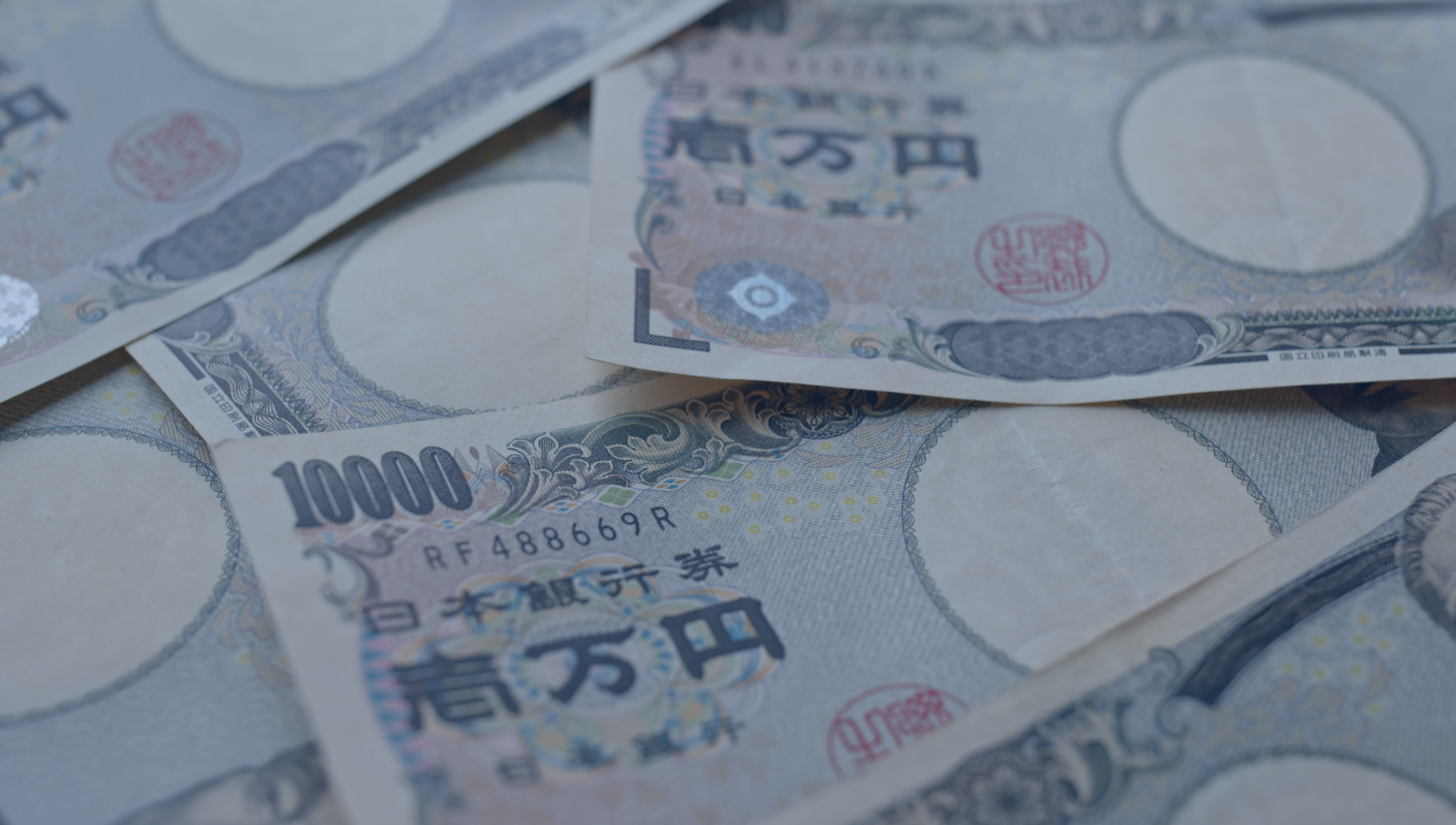Exploring the Complex Relationship Between the Japanese Yen and US Treasuries

Introduction
The world of international finance is a web of interconnected currencies, assets, and markets. One such intricate relationship exists between the Japanese Yen (JPY) and US Treasuries, two significant players in the global financial landscape. This connection between Japan and the United States holds profound implications for global markets, influencing exchange rates, interest rates, and investment decisions worldwide. In this article, we delve into the multifaceted relationship between the Japanese Yen and US Treasuries and how it shapes the global financial landscape.
The Japanese Yen: An Economic Powerhouse
The Japanese Yen, often represented by the symbol ¥, is one of the world's major currencies. Japan boasts one of the largest and most advanced economies globally, with a strong focus on manufacturing, technology, and exports. As such, the Japanese Yen is a vital player in global forex markets, second only to the US Dollar (USD) in terms of trading volume.
US Treasuries: A Safe Haven Investment
US Treasuries are government debt securities issued by the United States Department of the Treasury to finance government spending. These securities are considered some of the safest investments globally due to the creditworthiness of the US government. They are available in various maturities, from short-term T-bills to long-term bonds, making them attractive to a wide range of investors.
The Complex Relationship
1. Interest Rate Differentials: One of the primary drivers of the relationship between the Japanese Yen and US Treasuries is interest rate differentials between the two countries. When the US Federal Reserve raises interest rates, yields on US Treasuries increase, making them more attractive to investors. This can lead to a stronger US Dollar, as investors seek higher returns, and this can weaken the Japanese Yen in relation to the USD. Conversely, when the Bank of Japan adopts a loose monetary policy and keeps interest rates low, it can put downward pressure on the Yen.
2. Risk Sentiment: The relationship between the Japanese Yen and US Treasuries is also influenced by global risk sentiment. In times of uncertainty or financial market turmoil, investors often seek safety in US Treasuries, driving up their prices and lowering yields. Simultaneously, they may sell riskier assets, including the Yen, in favor of the USD, further affecting the exchange rate.
3. Carry Trade Dynamics: The Yen is often used as a funding currency in carry trades. Investors borrow in Yen at low interest rates and invest in higher-yielding assets, including US Treasuries. This can amplify the relationship between the two because fluctuations in US Treasury yields and market sentiment can significantly impact the attractiveness of carry trades, leading to Yen movements.
4. Trade Balance and Economic Fundamentals: Japan's trade balance with the United States also plays a role. A strong US economy can boost demand for Japanese exports, potentially strengthening the Yen. On the other hand, a weak US economy can lead to a weaker Yen if it reduces Japanese export prospects.
Implications for Global Markets
Understanding the complex relationship between the Japanese Yen and US Treasuries is crucial for investors, policymakers, and businesses worldwide. Here are some key implications:
1. Currency Exchange Risk: Businesses engaged in international trade must consider the potential impact of Yen-USD exchange rate fluctuations on their profitability.
2. Interest Rate Decisions: Central banks and monetary authorities closely monitor the Yen-Treasuries connection when making interest rate decisions to maintain domestic economic stability.
3. Portfolio Diversification: Investors often use JPY and US Treasuries as portfolio diversification tools, balancing risk and return in their investments.
4. Global Economic Indicators: Analysts and economists keep a keen eye on this relationship as an indicator of broader global economic conditions and sentiment.
Conclusion
The relationship between the Japanese Yen and US Treasuries is a dynamic and multifaceted one that reverberates throughout global financial markets. It is influenced by interest rate differentials, risk sentiment, carry trade dynamics, trade balances, and economic fundamentals. Understanding this intricate connection is essential for investors, businesses, and policymakers as they navigate the complex world of international finance and economics.

